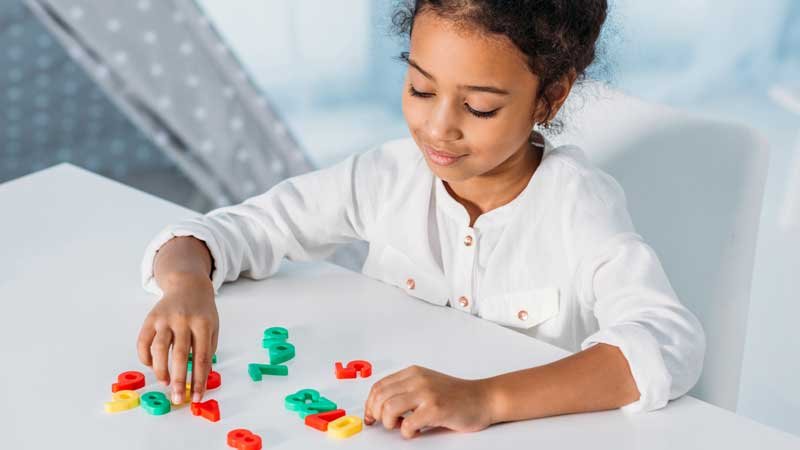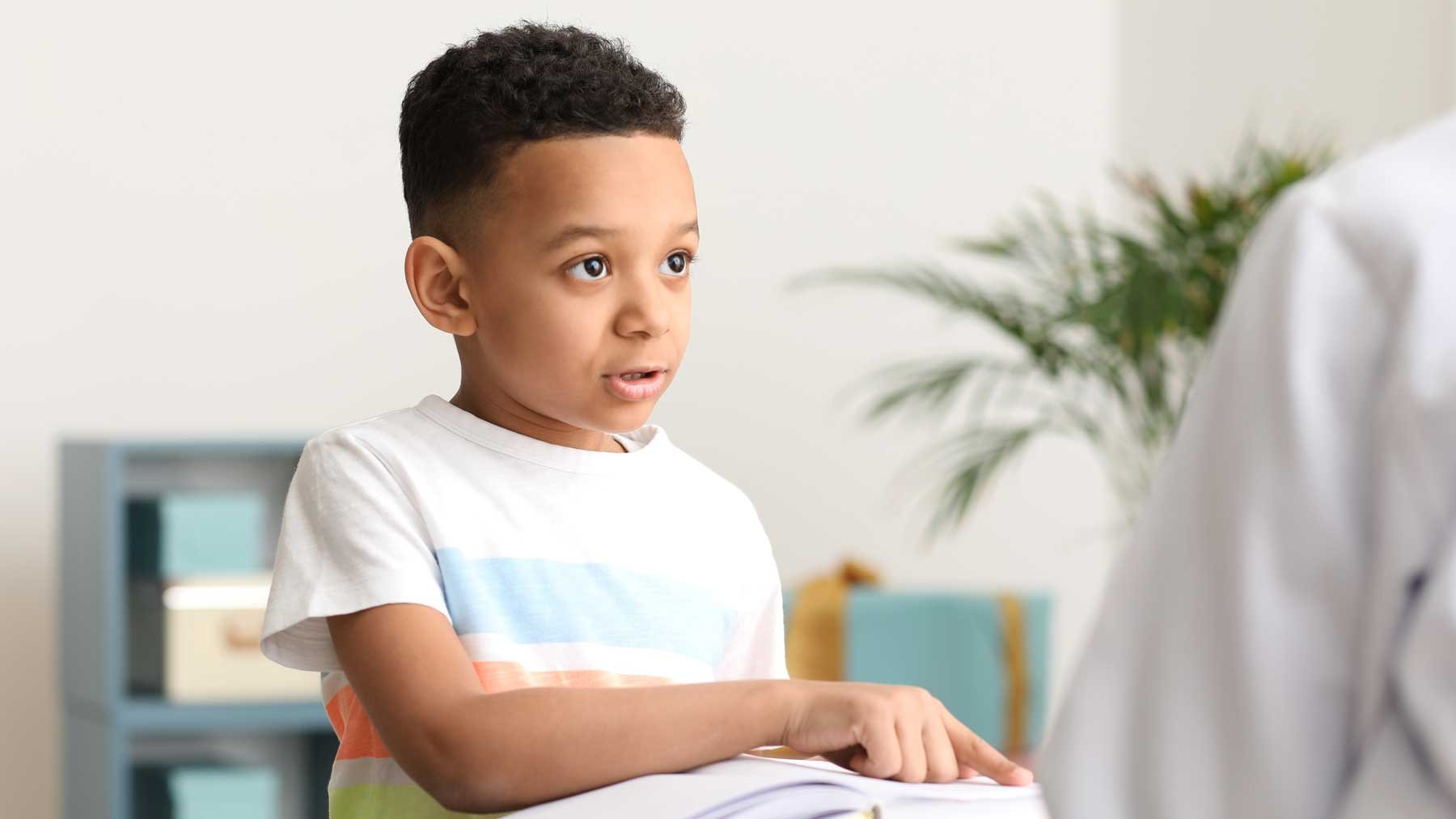
Language and Communication Assessment for children
Lycali uses a range of formal assessments and informal clinical observation to assess, word processing, working memory, understanding and use of language.
What is Language?
Language is how we understand and use information to communicate our needs, wants, feelings, thoughts, and ideas.
Language refers to:
Knowing and choosing the right words to explain what you mean
Joining words together into short phrases, sentences, stories and conversations
Making sense of what people say e.g., understanding questions and instructions.
Communication refers to:
Using language or gestures in different ways, for example, to have a conversation or to give someone directions
Being able to consider other people’s points of view.
Using and understanding body language and facial expressions, such as:
Knowing when someone is bored.
Being able to listen to and look at people when having a conversation.
Knowing how to take turns and to listen as well as talk.
Knowing how close to stand next to someone.
Language and communication red flags
Difficulty in communicating with others
Difficulties saying what they want to
Difficulty understanding verbal instructions, questions, and concepts
Difficulties understanding and using social rules
Difficulties processing language
What to expect in your child’s Language and Communication Assessment
The informant (someone who knows the child well in the home context) will complete a case history with one of our speech and language therapists either via the telephone or face-to-face. This will usually take place prior to meeting your child. The clinician will take a detailed history of your child’s presenting difficulties, past medical history, developmental history, and family history. This lasts for approximately 30 minutes.
Your child’s case history
A questionnaire will be completed by a staff member who has ideally known your child for at least 6-12 months. This information is used to determine your child’s presentation in their learning environment. On some occasions, a classroom/playground observation may be required.
School Information
The assessment may take place in our clinic, in school or online.
On the day of the assessment, the speech and language therapist will meet with your child and conduct an informal clinical observation and a range of formal language assessments focussing on:
Attention and listening
Processing and working memory
Vocabulary knowledge
Understanding concepts and instructions
Grammar
Sentence structures
Narrative skills
Pragmatic skills
Most assessment materials are visually supplemented. There is no expectation for your child to read, write or spell. The total time of the assessment can vary (between 30-90 minutes) depending on your child’s engagement and age.
We aim to complete the assessment with your child within 2 weeks of the appointment booking.
Your child’s Appointment
TOP TIP
Before the appointment, try giving your child an instruction and notice how they respond to this.
Notice how your child communicates? Do they point, use gestures, and make appropriate facial expressions?
What happens after the assessment
Your speech and language therapist will formulate a differential diagnosis, taking into consideration all the above information. You will be provided feedback within 7 days of the assessment unless further information is required.
Once the assessment and findings have been discussed, a report will be written by the speech and language therapist and sent to you within three weeks. Our reports are comprehensive and include details of the assessment, the information provided by you and the school, a diagnosis if relevant, our understanding of your child’s difficulties, our recommendations for your child and lastly resources for you to explore. The Speech and language therapist will also discuss how Lycali’s services may be able to support on a 1-1 basis and whether your child would benefit from further investigation into their learning, language and/or communication development.
We recommend that you share our report with your GP along with any other healthcare professional who is supporting your child (e.g. GP, Paediatrician, etc). Our report can also be shared with your child’s school and used towards an EHCP – Education Health Care Plan.
Reviews
Leave us a review on Google: Leave a review
About Lycali
Lycali offers a professional and friendly service where time and attention can be taken to ensure the service received is of the highest standard and there is minimal waiting time. Our specialist team will always take the time to provide expert advice so you are aware of all the pre-and post-diagnostic and therapy services available. Our clinics are suitable for children and adults, and based in Thanet. We provide online or in-person therapy sessions.
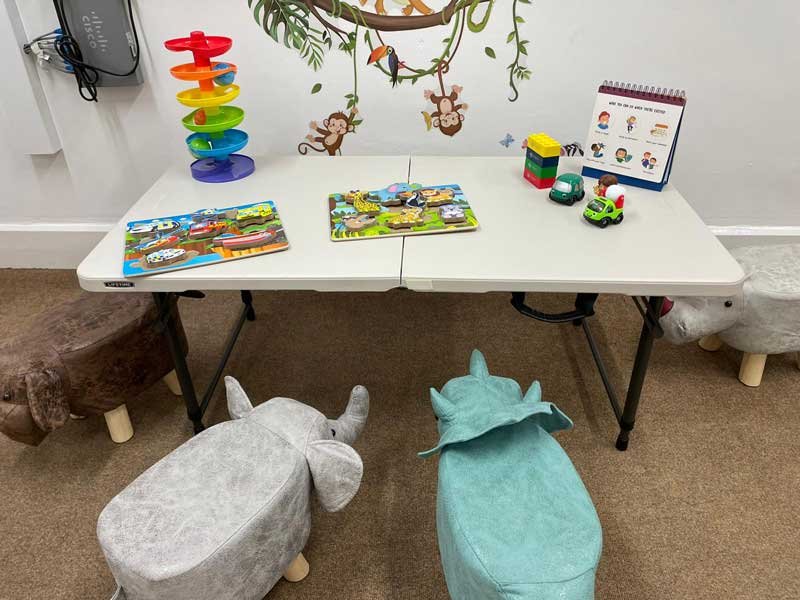
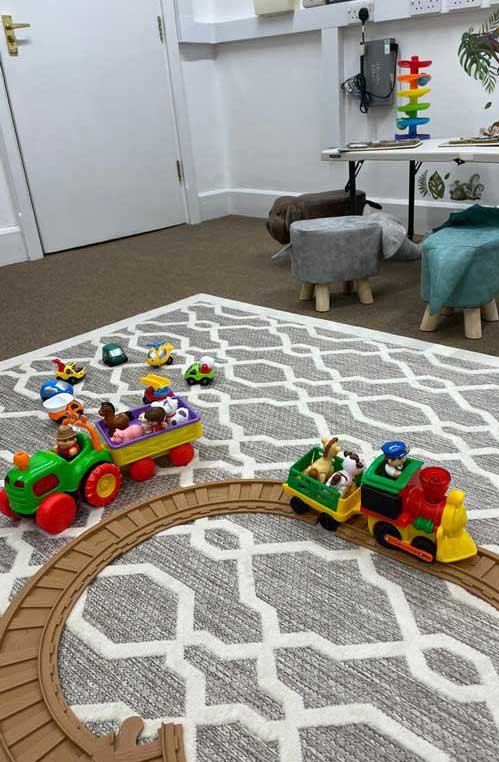
![20230508_104943[38499].jpg](https://images.squarespace-cdn.com/content/v1/63c664ab1b441a413e31574a/e3254fbf-2cd3-453e-9b86-c20c486fd21f/20230508_104943%5B38499%5D.jpg)
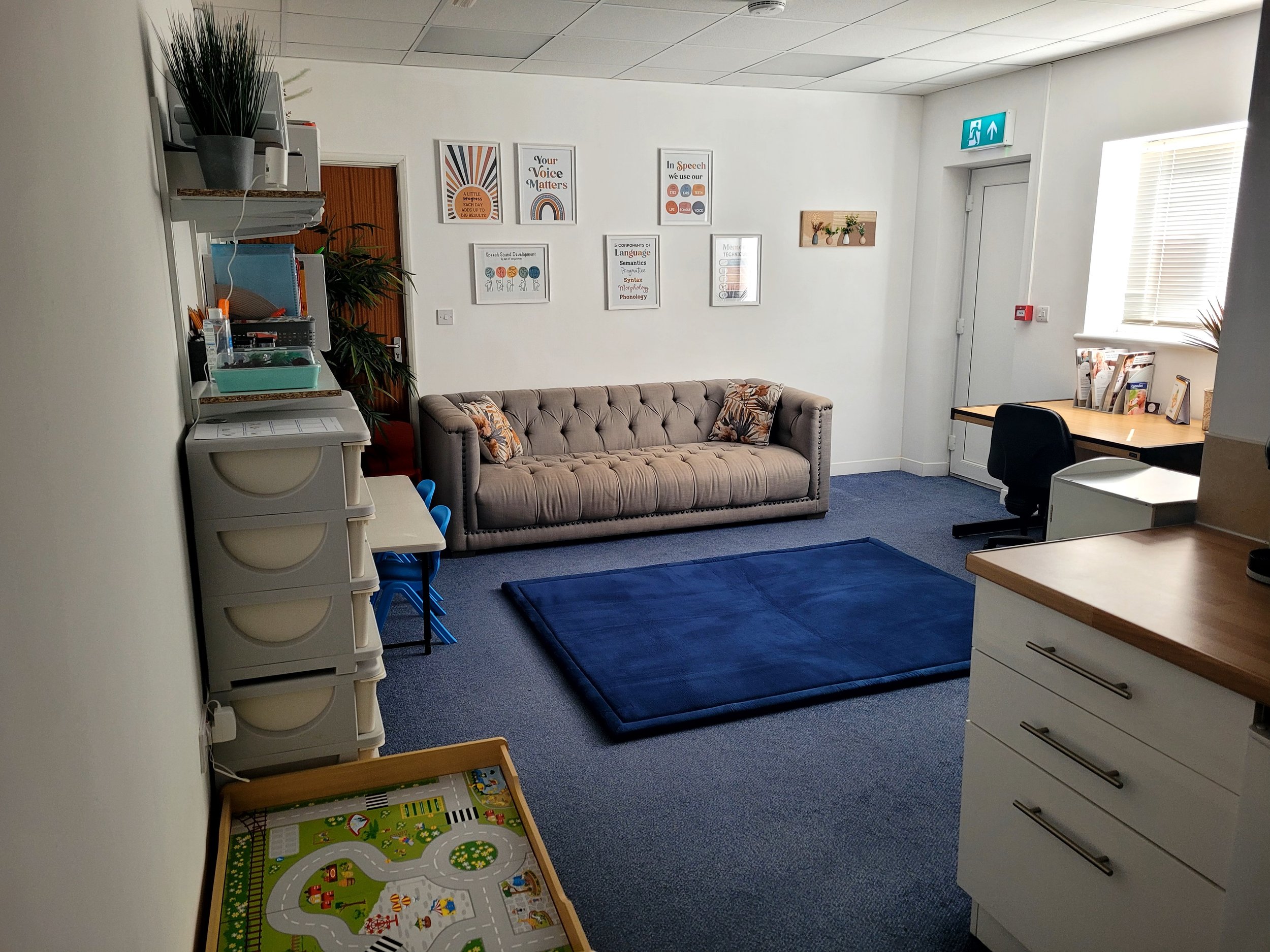
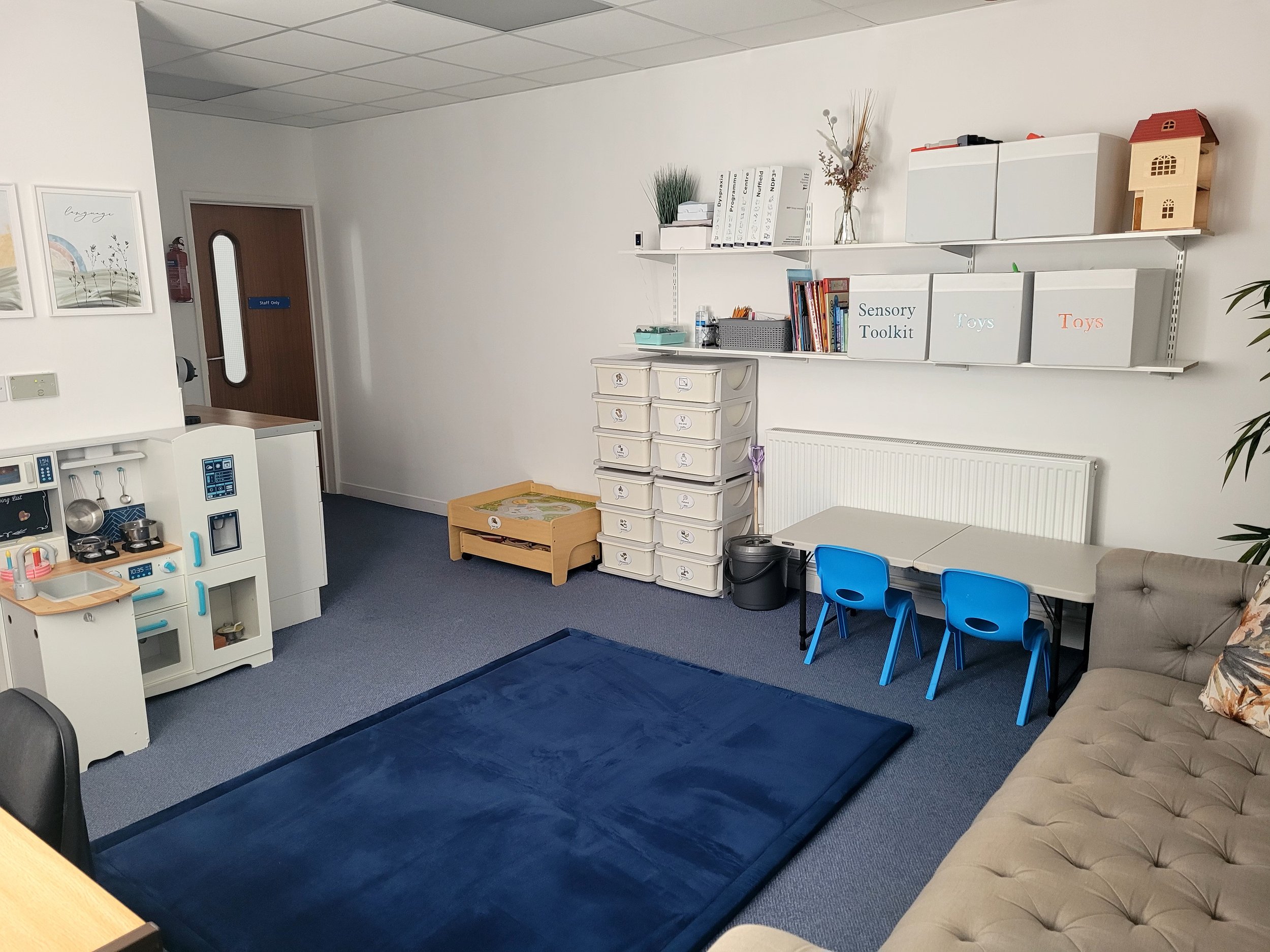
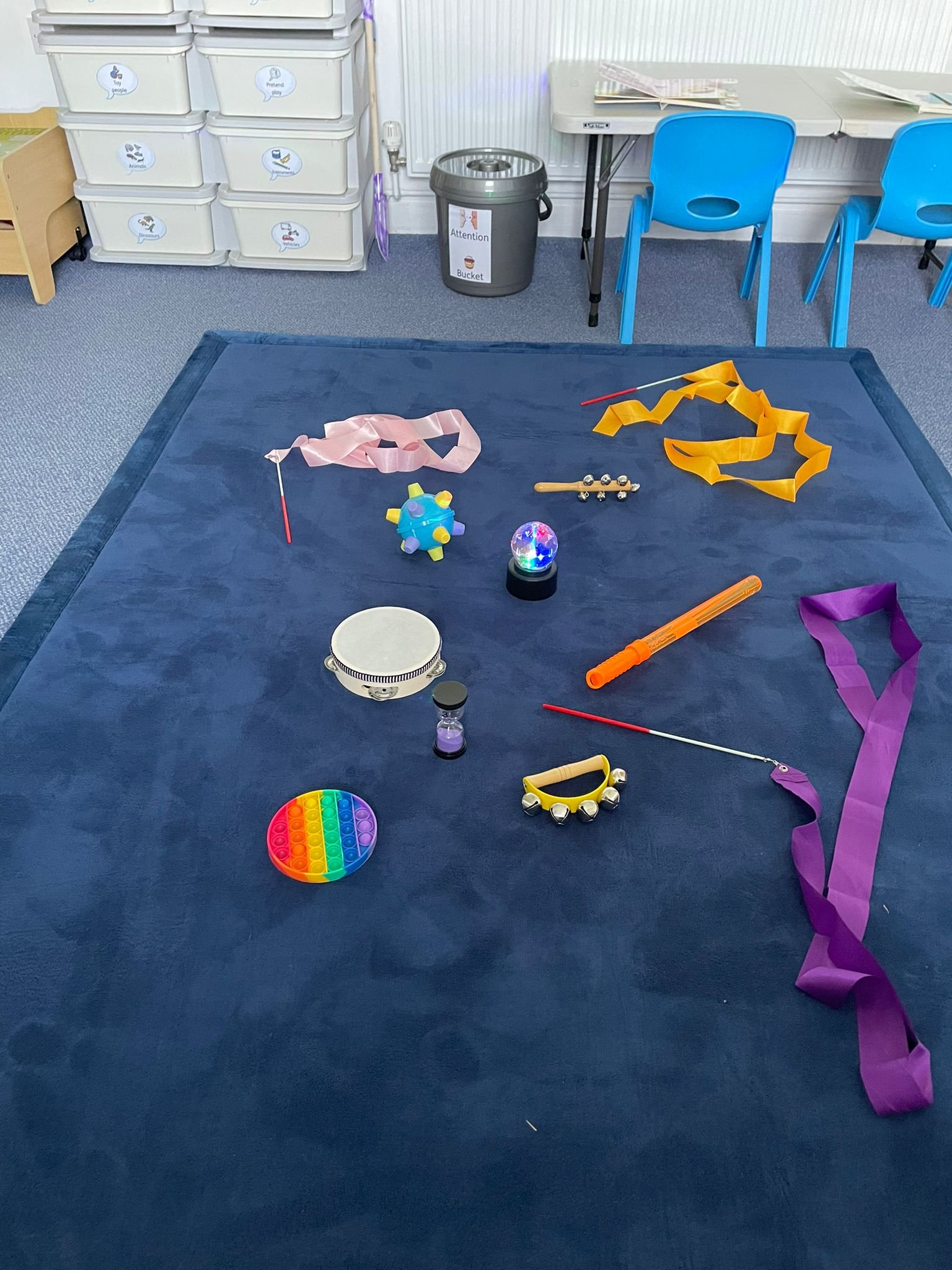
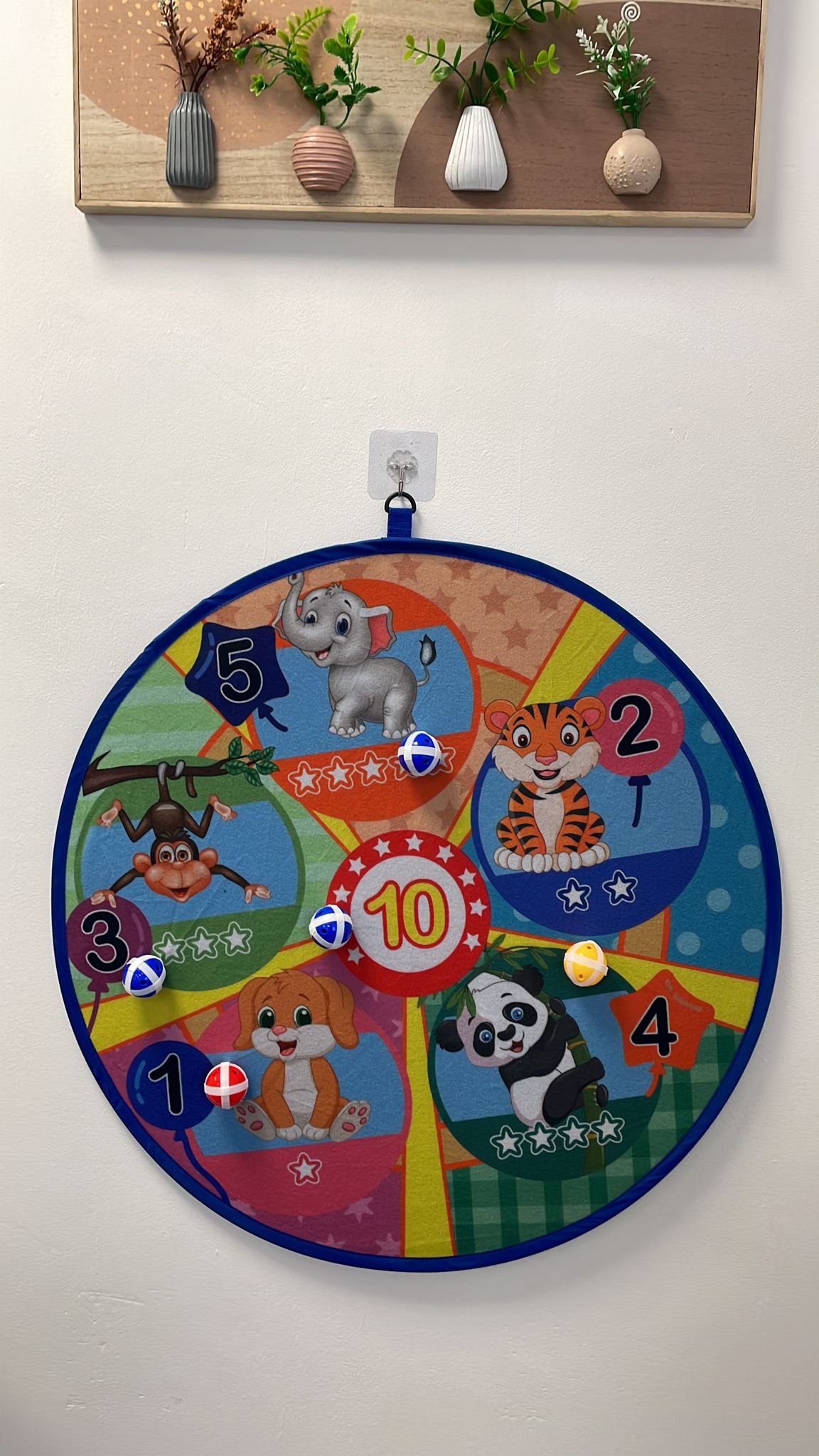
Because Every Individual Deserves to Be Understood

